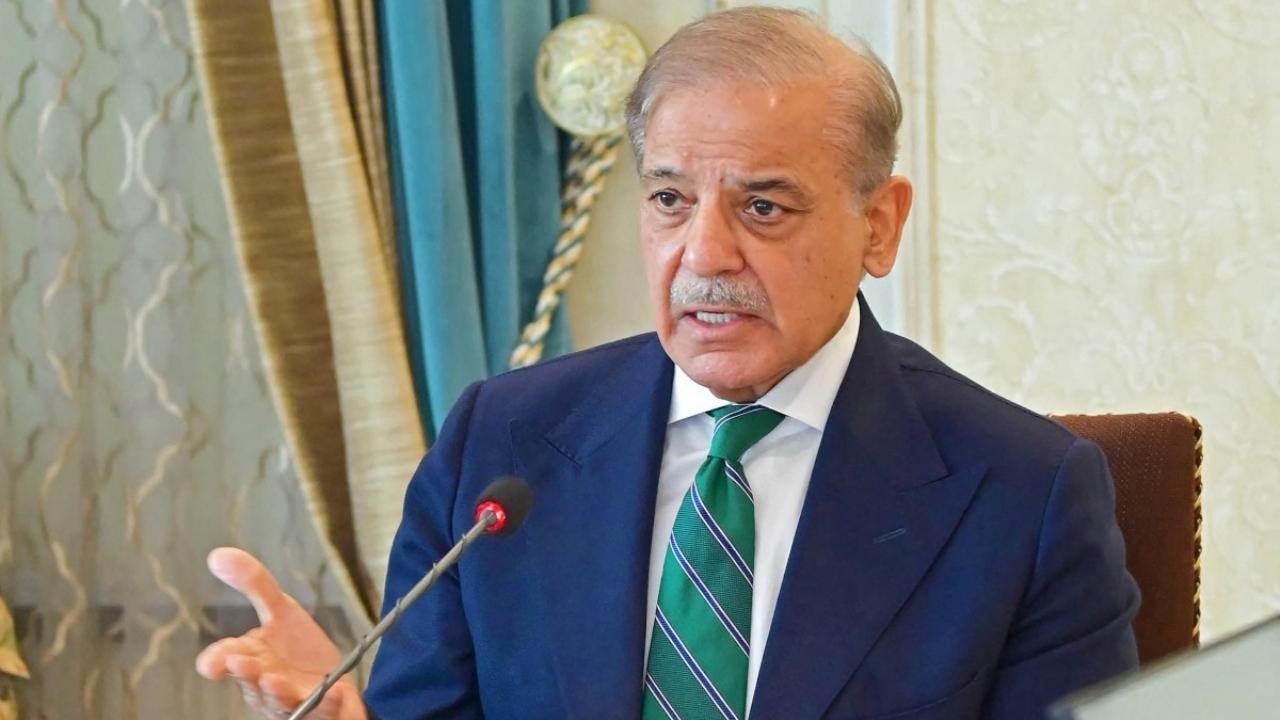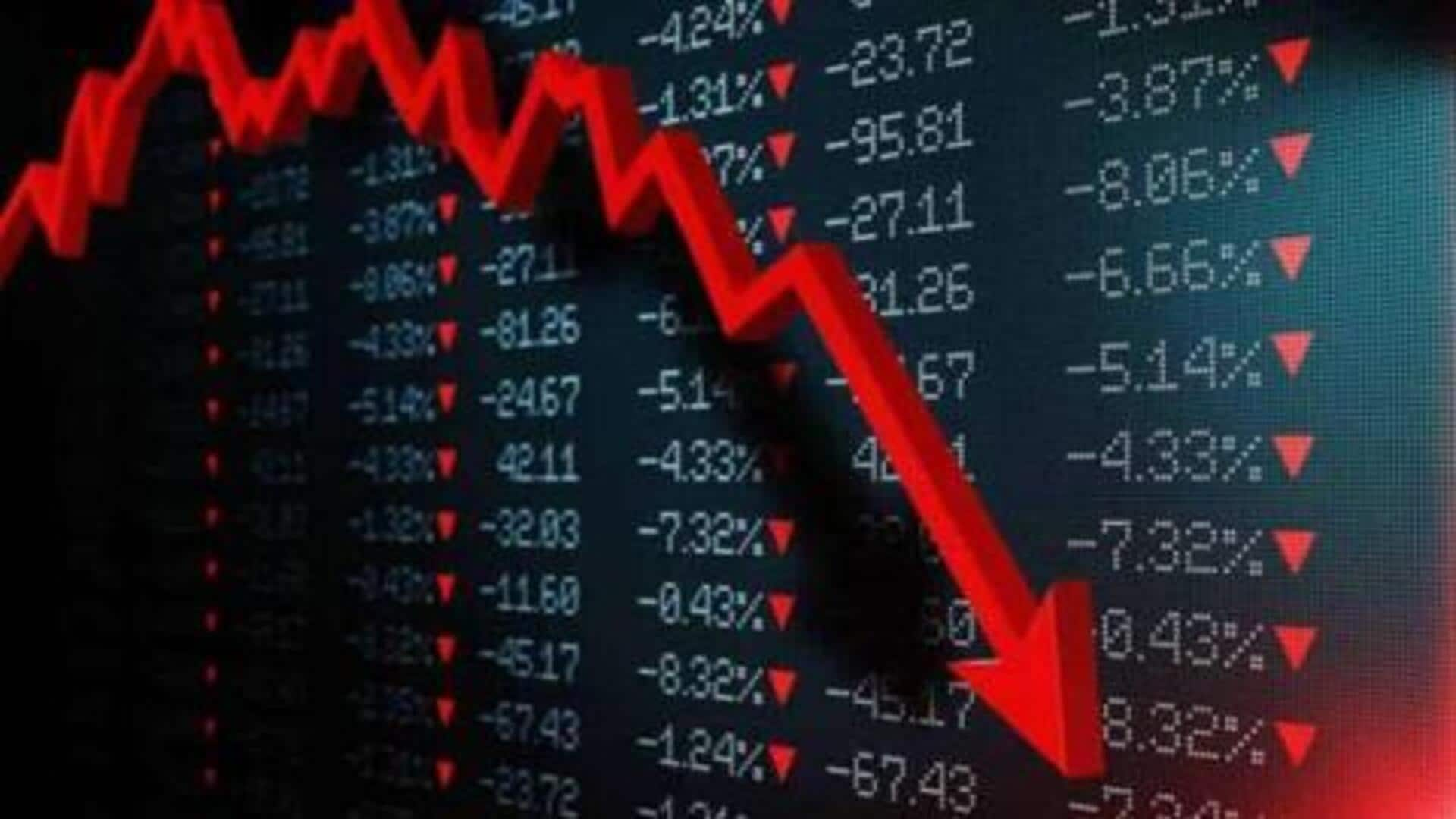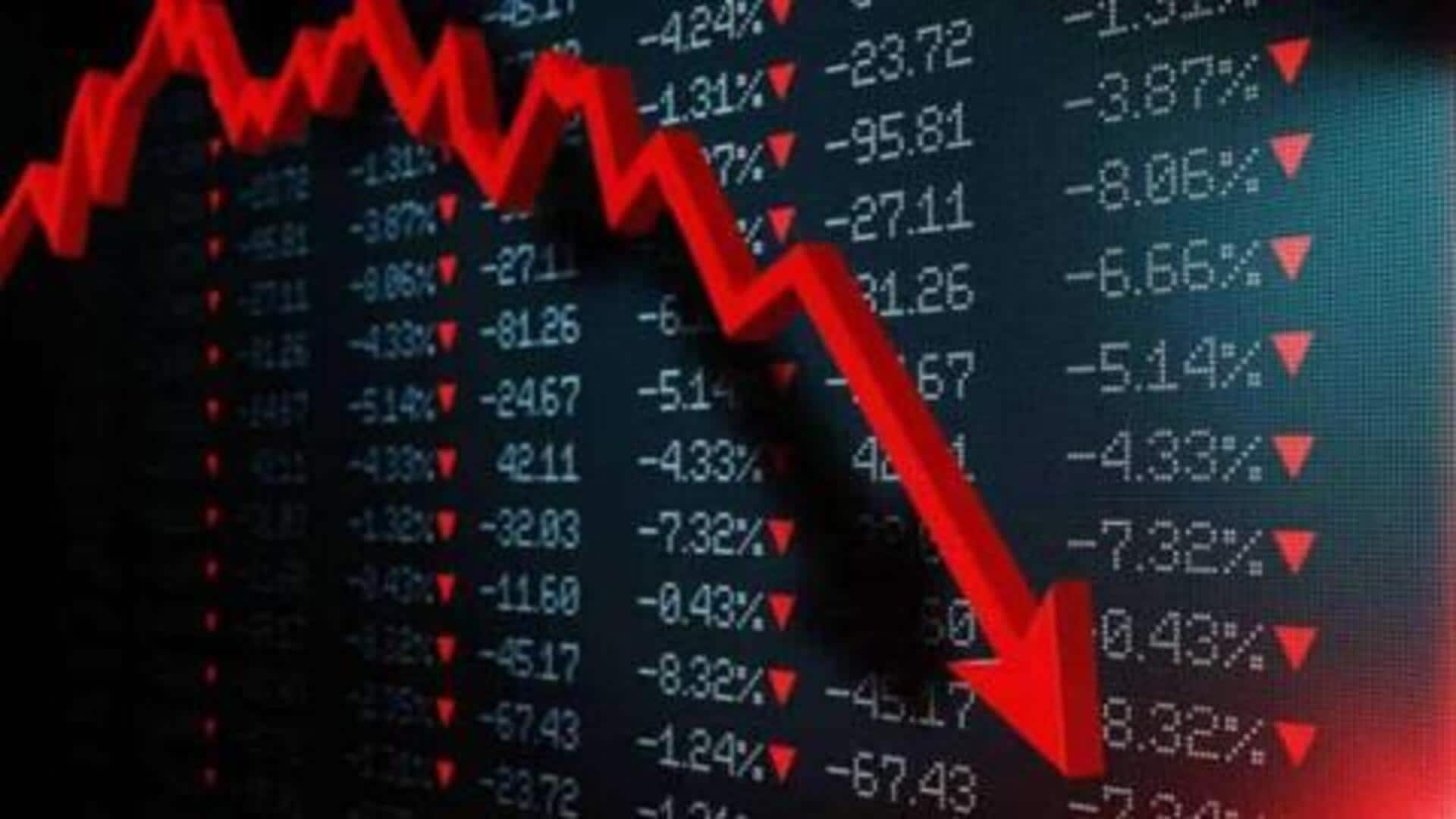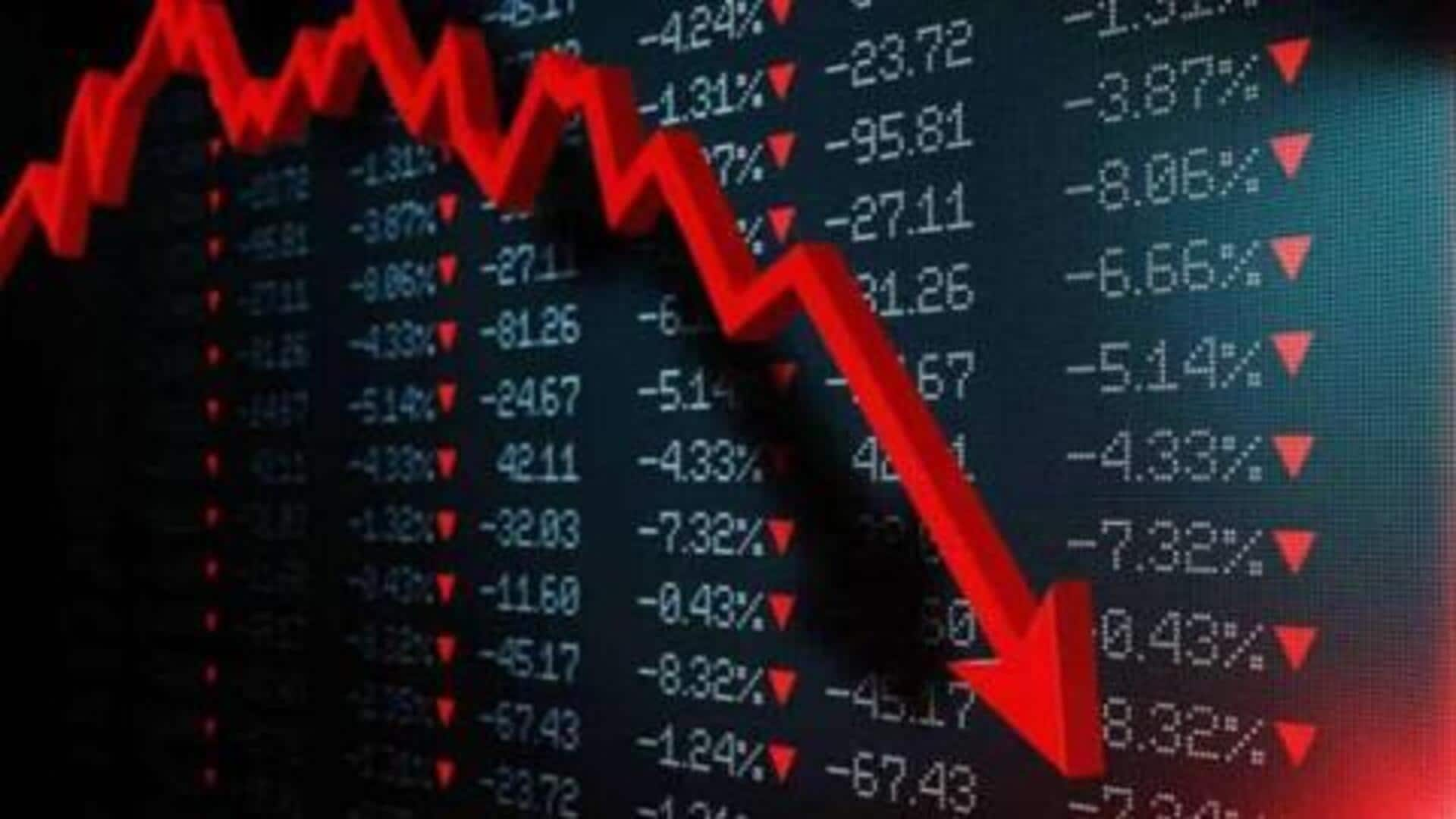President Donald Trump hosted Pakistani Prime Minister Shehbaz Sharif for talks at the White House, marking the latest sign of warming relations between the United States and the South Asian nuclear power.
Sharif was among the top officials from eight Arab or Muslim countries who met with Trump on the sidelines of the UN General Assembly this week to discuss strategy on ending the Israel-Hamas war in Gaza.
Ties have improved between the US and Pakistan as Trump’s relationship with Indian Prime Minister Narendra Modi—one of the Republican president’s closest world leaders during his first term—has become strained. This strain is largely due to India’s increased purchases of discounted Russian oil following Moscow’s invasion of Ukraine in February 2022.
India and Pakistan are neighbors and fierce rivals. In response to India’s oil purchases from Russia, Trump dramatically raised tariffs on India in an effort to exert indirect economic pressure on Moscow. Meanwhile, the US and Pakistan reached a trade agreement in July that is expected to allow Washington to help develop Pakistan’s largely untapped oil reserves and lower tariffs for Islamabad.
Sharif arrived at the White House shortly before 5 p.m. on Thursday, as Trump was signing executive orders and speaking with reporters. The meeting between the two leaders was closed to the media, with Pakistan’s delegation leaving the White House at 6:18 p.m.
Sharif has gained favor with Trump since publicly endorsing the American leader for a Nobel Peace Prize, recognizing his administration’s efforts this year to reduce tensions between Pakistan and India. The two countries agreed to a ceasefire in May after US-led talks aimed at ending the most serious military confrontation between the nuclear-armed rivals in decades.
Unlike Sharif, Modi has declined to acknowledge Trump’s attempts to claim credit for brokering the ceasefire. The deal followed weeks of clashes, missile strikes, and drone attacks across their borders, which were triggered by a massacre of tourists that India blames on Pakistan—a charge Pakistan denies.
Pakistan did, however, oppose Trump’s decision to carry out US strikes in June against three Iranian nuclear facilities. Pakistan said the attack “constituted a serious violation of international law” and undermined the stature of the International Atomic Energy Agency.
Meanwhile, Modi was recently photographed with Russian President Vladimir Putin and Chinese President Xi Jinping during a security summit in Tianjin, northern China. This led to a social media jab from Trump, who wrote, “Looks like we’ve lost India and Russia to deepest, darkest China. May they have a long and prosperous future together!”
Yet, Trump has taken a warmer approach towards Modi recently. Last week, he expressed hope that trade issues with India could be resolved, stating on Truth Social:
“I am pleased to announce that India, and the United States of America, are continuing negotiations to address the Trade Barriers between our two Nations. I look forward to speaking with my very good friend, Prime Minister Modi, in the upcoming weeks. I feel certain that there will be no difficulty in coming to a successful conclusion for both of our Great Countries!”
Last month, Trump imposed tariffs on India of up to 50 percent after adding an additional 25 percent tariff related to India’s purchases of Russian oil, which helps Moscow finance its war in Ukraine. Trump had previously hosted Modi for talks at the White House in February.
*This story has been sourced from a third-party syndicated feed and various agencies. Mid-day accepts no responsibility or liability for the dependability, trustworthiness, reliability, or data of the text. Mid-day management reserves the sole right to alter, delete, or remove (without notice) the content at its absolute discretion for any reason whatsoever.*
https://www.mid-day.com/news/world-news/article/donald-trump-holds-talks-with-pakistans-prime-minister-in-latest-sign-of-warming-relations-23595883



